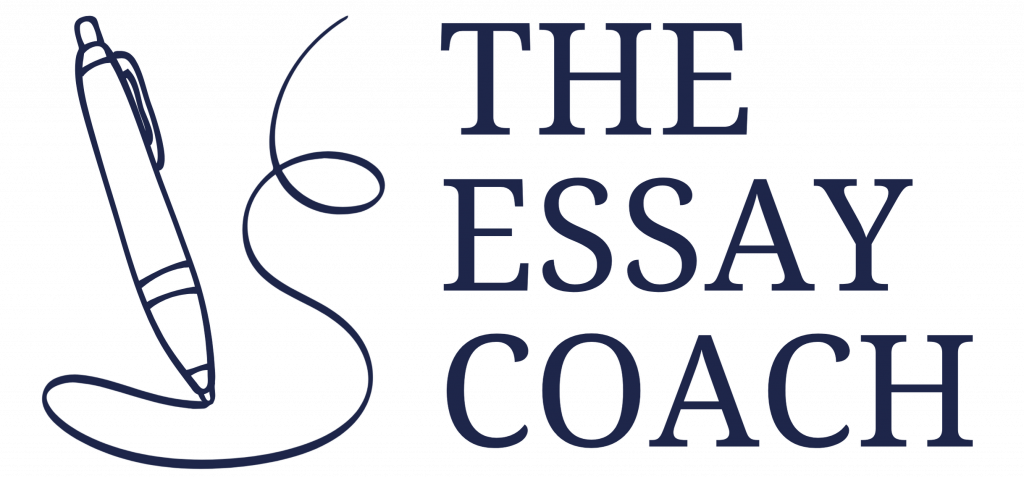How to Stay Calm, Focused, and Ready to Succeed so you can excel in your GCSE English
As GCSE English exams approach, it’s natural to feel a mix of nerves and pressure – especially with English Language and Literature requiring both analytical thinking and strong writing skills. Whether you’ve been revising for months or are just pulling things together now, there are still plenty of ways to maximise your marks. Here are some practical last-minute tips to help you feel more confident and perform at your best.
1. Focus on What the Examiner Wants
Every question on your paper is linked to Assessment Objectives. Understanding what’s being tested is key:
- Language Paper 1 & 2: Look for how writers use language, structure, and tone. Practise spotting powerful words and explaining their effect.
- Literature Papers: Know your texts! Make sure you can write about character, theme, and writer’s methods. Don’t just retell the story – analyse it.
🔍 Top Tip: Learn key sentence starters like: “This suggests…”, “The writer uses… to emphasise…”, “This links to the theme of…”
2. Use Quotations Wisely
In Literature, short, precise quotes are often better than long ones. Pick ones you can analyse in detail.
- Learn 3–5 key quotes per character/theme.
- Use devices within the quotes to guide your analysis (e.g., metaphor, juxtaposition, repetition).
✏️ Quick Trick: Create acronyms or visuals to remember your quotes the night before.
3. Master the Structure of Your Responses
Time is short in the exam so don’t waste it by writing without a clear plan.
- Use PEEL (Point, Evidence, Explanation, Link) for Literature.
- For Language questions, follow what the question asks: if it says “how does the writer…?” then your whole paragraph must answer how, with evidence.
⏳ Quick Practice: Time yourself writing a paragraph in 5–7 minutes.
4. Brush Up on Writing Techniques
For creative or transactional writing (Language Paper 1 Q5 and Paper 2 Q5):
- Plan before you write. Just 2 minutes to jot a structure can save you time.
- Vary sentence lengths and use punctuation for effect.
- Show off your vocabulary but don’t overdo it. Clarity is more important than fancy words.
💡 Power Openers to Try: A question, a bold statement, or a vivid description can grab the reader’s attention.
5. Get Exam-Smart
- Know how many marks each question is worth and how long to spend on it.
- Avoid getting stuck; if you’re unsure, move on and come back later.
- Always leave a few minutes at the end to check your work.
📊 Golden Rule: Don’t write everything you know – write what answers the question.
6. Stay Calm and Confident
- The night before: avoid cramming. Do a quick review, then relax.
- On the day: eat something, arrive early, and take deep breaths.
- Remember: every mark counts: even a short paragraph can gain you valuable points.
🌟 Final Thought: You’ve done more than you think. Trust your preparation, read the question carefully, and show the examiner what you can do.
Need extra help or a last-minute confidence boost?
Book a 1:1 session to sharpen your skills before the big day.


Leave a Reply